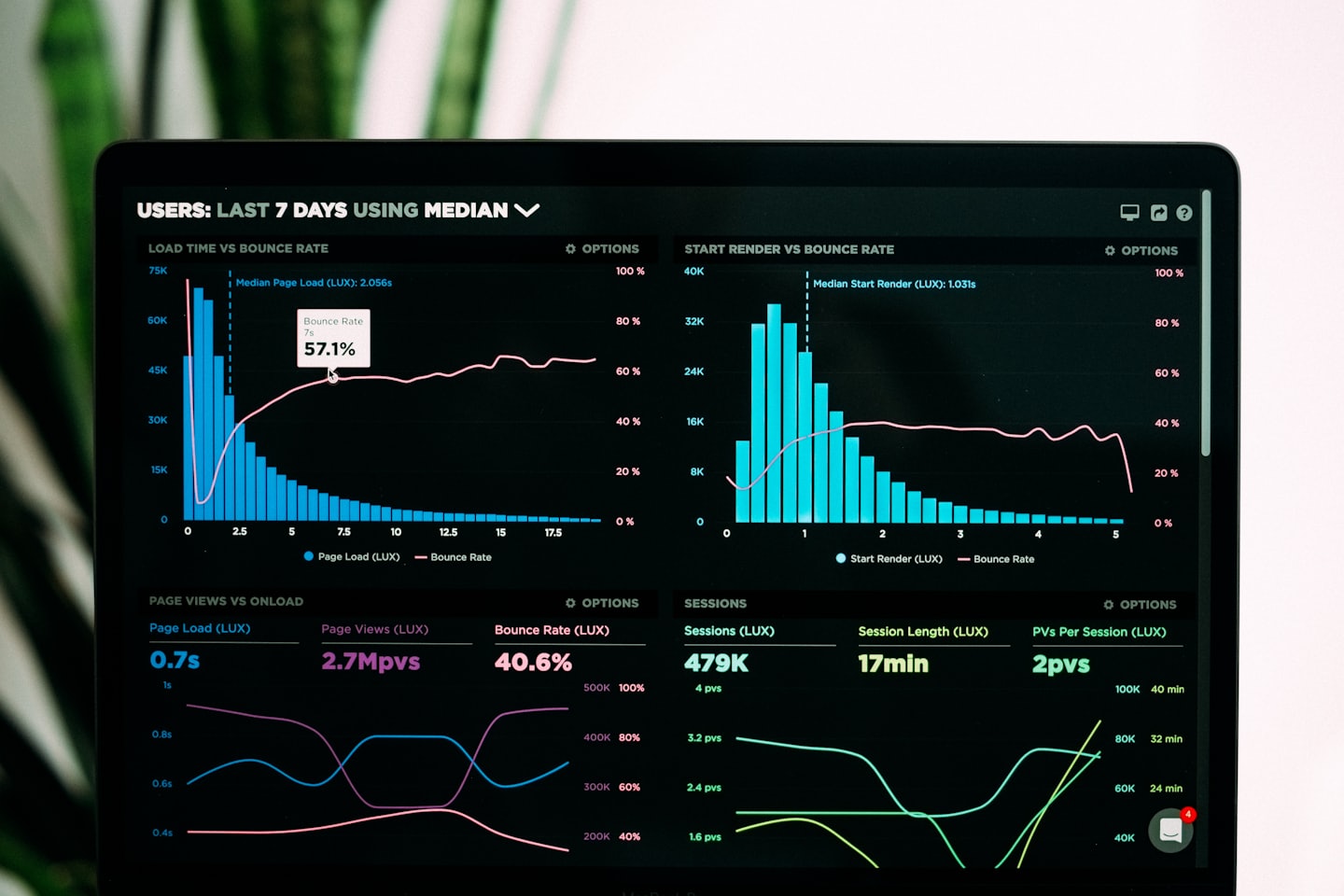A fast-loading WordPress website isn’t just important for user experience; it’s crucial for SEO and conversions too. Slow websites frustrate visitors and can harm your ranking in search engines. Fortunately, optimizing your WordPress site’s page speed doesn’t have to be complicated. Here are some essential tips to boost your WordPress page speed effectively.
Choose a High-Quality Hosting Provider
Your web hosting plays a major role in your site’s speed.
✅ Opt for hosting providers known for speed (e.g., SiteGround, WP Engine, or Kinsta).
✅ Avoid cheap shared hosting if your site gets considerable traffic.
✅ Consider upgrading to managed WordPress hosting for better performance.
Use a Lightweight Theme
Themes with excessive features can slow down your site.
✅ Choose a minimalistic, lightweight theme (e.g., GeneratePress, Astra, or Neve).
✅ Avoid themes with unnecessary scripts and styles.
✅ Test your theme’s demo with speed-checking tools like GTmetrix or Google PageSpeed Insights.
Optimize Images
Images are often the biggest factor in slow-loading pages.
✅ Compress images before uploading (use tools like TinyPNG or Compress JPEG).
✅ Use WordPress plugins like Smush or Imagify to automatically optimize images.
✅ Consider using the WebP format, which offers better compression without sacrificing quality.
Enable Caching
Caching dramatically improves page load times by serving static files to visitors.
✅ Use plugins like WP Rocket, W3 Total Cache, or WP Super Cache.
✅ Enable both page caching and browser caching.
✅ Regularly clear and test your cache settings.
Minify CSS, JavaScript, and HTML
Reducing the size of your site’s code improves loading times.
✅ Minify CSS and JavaScript using plugins like Autoptimize or WP Rocket.
✅ Remove unnecessary code, comments, and spaces to streamline files.
✅ Combine JavaScript and CSS files into fewer requests when possible.


Utilize a Content Delivery Network (CDN)
CDNs reduce latency by serving content from servers closest to your visitors.
✅ Set up a CDN like Cloudflare, StackPath, or BunnyCDN.
✅ Configure your CDN properly through your caching plugin or hosting provider.
✅ Regularly check CDN performance and tweak settings as needed.
Reduce External HTTP Requests
Every external request slows your website down slightly.
✅ Limit embedded scripts (e.g., Google Maps, videos, social media widgets).
✅ Host fonts locally instead of loading them externally.
✅ Regularly audit your site to identify and remove unnecessary requests.
Implement Lazy Loading
Lazy loading ensures images only load when visible to the visitor.
✅ Enable lazy loading using plugins like WP Rocket or Smush.
✅ Ensure your lazy loading settings don’t negatively impact user experience.
Regular Database Cleanup
A bloated database can slow down your WordPress website.
✅ Regularly optimize your database with plugins like WP-Optimize or WP Rocket.
✅ Remove spam comments, trashed posts, old revisions, and transient data.
Keep WordPress Updated
Updates include performance improvements that can boost site speed.
✅ Regularly update your WordPress core, themes, and plugins.
✅ Enable automatic updates where possible to ensure you have the latest optimizations.
Final Thoughts
Improving your WordPress page speed doesn’t require advanced technical skills, just consistent maintenance and smart optimizations. By following these essential tips, you’ll create a faster, more enjoyable browsing experience for your visitors, improving your SEO rankings and boosting conversions.
? Start optimizing today and watch your WordPress website speed up dramatically! ?


Leave a Reply